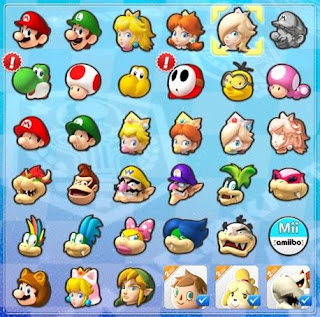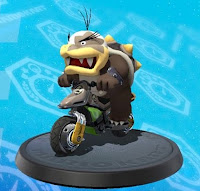This article is dedicated to Satoru Iwata, Shigeru Miyamoto, Eiji Aonuma, Takashi Tezuka and the countless staff who have worked on the series since 1986.
If you had to ask me which is my favourite game of all time, I’d probably say The Legend of Zelda: Ocarina of Time or Twilight Princess. High praise considering the umpteen other great video games that been made since the dawn of the media. If you asked me why I named one of these Zelda games, it’d probably take me a couple of hours to tell you why I think they’re the greatest of all time. Hopefully this article will give you a good, if brief, understanding of why.
First of all being a Zelda fan is not easy. There’s the fact (in my opinion) the series is significantly understated in the upper echelons of Nintendo gaming. Similar to series such as Metroid and Star Fox, it is often ignored compared to series such as Pokemon and Mario. Then there’s the people who ask “is that Zelda?,” when looking at a picture of Link. Forever annoying. Despite this, there is some solace in the fact that finding another Zelda fan gives you the same joy everytime.
Where to begin when talking about the games in the series themselves? The obvious place to start would be the “good versus evil” that the Zelda series has defined within the video game media. In all the games we see Link as the “good guy” and Ganon(dorf), or various other villains, as the “bad guy.” It’s this simple fact that has defined the series since its inception in the 1980s. I feel at home because I know who I am playing as, and I know who or what I will be defeating. Naturally I also know who I’ll be trying to save most of the time, the eponymous Princess, Zelda.
Undeterred by these facts, the Zelda series still makes each incarnation of each character stand-out, everytime. No two Links and no two Zeldas are the same, yet are familiar each time due to their defining traits. This applies to other characters too, as besides Link, Zelda and Ganon(dorf) being well protected by their creators, we see characters such as Impa, Tingle and The Happy Mask Salesman, playing their unique and routine roles well.
Nintendo have found a way to translate how they handle the characters in Zelda to their locales too. Hyrule may be the de facto setting for the majority of the series, but is given a fresh layout each time, reflecting the ever changing nature of the kingdom. Exploring a new Hyrule is like exploring a new neighbourhood you may have moved to, or a new city you’ve visited. Sure Lake Hylia may always be in the west, but it’s not the same Lake Hylia you visited last game. It could be a little larger or a little deadlier. It doesn’t matter how familiar it feels though, because it feels new every time.
Unlike so many video games series, the creators have opted for longer periods between games. Yes there have been the occasional HD/DX version here and there, but not counting these it’s been five year since a main series Zelda game on a home console. It’s these long absences that make the heart grow fonder.
I’m not sure I’ve covering everything I love about the series, so in closing I’ll take one last look at Link, the hero of the Zelda-verse. He’s not exactly a talker and often called a “blank slate”, a character we can project ourselves onto, but I think this is wrong. Link is “Link”, he is the very essence of a Hero, with a strong identity of his own. Link is who we would want to be in the situations he finds himself him, a courageous individual. If it were me, I’d be hiding in the corner when Ganon(dorf) comes knocking on my kingdom’s doorstep.
Words: Andy Hughes
Note: This article is my own work and is not an advertisement. The Legend of Zelda needs no advertisement. It should be discovered.
Note: This article is my own work and is not an advertisement. The Legend of Zelda needs no advertisement. It should be discovered.









